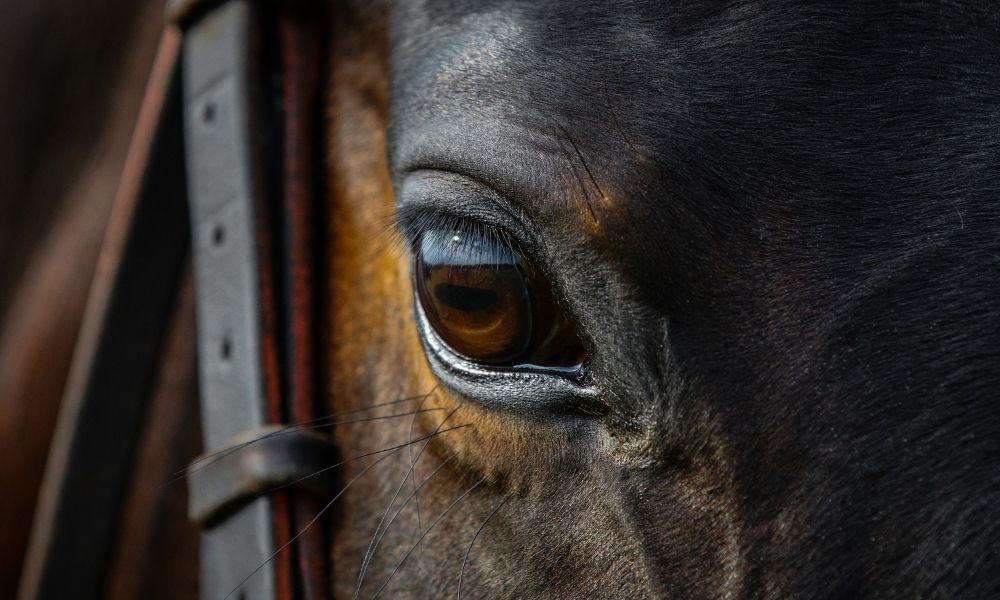
Horses require constant care and attention. And regardless of how diligent you are, health problems can occur. Knowing how to treat such ailments may make the difference between your horse living a long, prosperous life and leaving you far too soon. Here are some common health complications horses may develop.
Allergies
Like humans, a horse’s allergies can be affected by dust, with insect bites causing additional adverse reactions. Every horse may have a different condition, varying from minor to severe. One specific condition a horse may develop is heaves, which is similar to asthma in humans. Managing heaves is essential, seeing as there is no cure for it.
Another dust-related illness is COPD (chronic obstructive pulmonary disease). You can use steroids to limit the inflammation that arises from this ailment.
Colic
Colic is a life-threatening illness that affects the digestive system and generates immense pain and discomfort. When horses suffer from colic, they often lie down or thrash. Sadly, getting them back on their hooves can be tricky.
If you don’t address severe colic promptly, it can be fatal. Until a veterinarian arrives, horses should stay up and move. Veterinarians commonly use Banamine injections to successfully treat colic attacks.
Thrush
Thrush is an infection in the v-shaped groove in the horse’s hoof. It’s hard to miss since a hoof with thrush has a distinct nasty odor. You can prevent thrush by keeping the horse’s feet dry and clean and picking them out on a routine basis.
Thrush generally goes away after a vigorous washing and a few sprays of antibacterial purple spray, and it seldom requires veterinarian care. A nasty case of thrush, on the other hand, can spread up into the hoof. You’ll need to extract the infection and amp up the antibiotics to effectively kill the infection.
Worms
A prevalent concern among horses is worms, which is particularly common among those who graze in pastures alongside other livestock. If parasites infect your horse, you will notice considerable weight loss, dull coats, and fatigue. They can also cause obstructions in the intestines, which can cause colic. Deworming horses every three months is the best strategy to combat the issue. There are numerous types of worms, and each one requires a unique treatment, such as ivermectin, pyrantel, and fenbendazole-containing dewormers.
Laminitis
One of the most debilitating and potentially lethal diseases that affect horses is laminitis. This condition causes the laminae—the soft tissue beneath the hoof wall—to swell. Access to lush grass in the spring, consuming too much feed, and foot injuries may cause laminitis. Any equine that had laminitis before is more susceptible to having it again. Establishing a new diet, using an anti-inflammatory, and enforcing prolonged stall rest will aid in treating mild cases.
Hopefully, you’re reading this guide to common health complications horses may develop to gain some knowledge, not because your equine is ill. However, you now know what to do to handle any issues that come your way.






